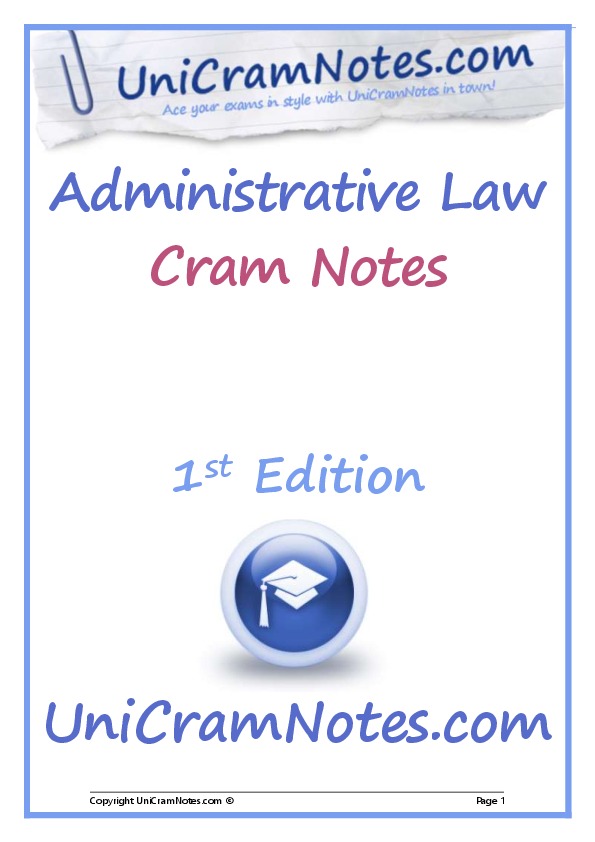2) Judicial presumptions All common law presumptions are rebuttable, whether by mere words or implication, or by clear, express and unambiguous words. This also depends on the strength of the presumption. Presumptions – Implied incidental power The common law implies a power necessary the performance or execution of the statute (i.e. the incidental power). Herscu v The Queen – Specific provisions are an indication of the breadth of the responsibilities under the statute, but do not prescribe the limits – In enforcing the statute, parties are “clothed with general authority in addition to the powers specifically conferred by statute.” This is because although the power is incidental and collateral, it serves to promote the accomplishment of the principal purposes of the enactment. Kent v Johnson – The incidental power is implied where it is the necessary for the reasonable fulfilment of the performance of expressly authorised acts. – The power must have some affinity with the statutory power, being not merely economic or convenient. A clear implication can be made if it is necessary to prevent the statutory provisions from becoming inoperative or meaningless. However, “inconvenience in carrying out the object authorised by legislation” is not enough (Plenty v Dillon). In summary, the incidental power/activity must complement, and not supplement, the statutory act. The incidental power must also not be used for unauthorised purposes; otherwise, this will lead to an inversion of the main and incidental power.
The most concise and updated Administrative Law Study Notes for Australian Law Students.
Includes Model Exams and Model Exam Answers.
(Click here to purchase just the Notes)
Approximately 21422 words over 53 pages. Prepared in 2025.










